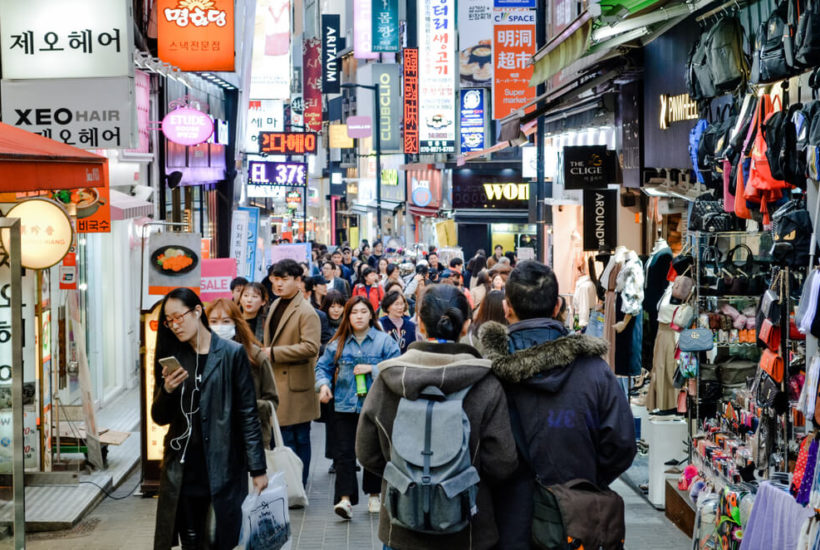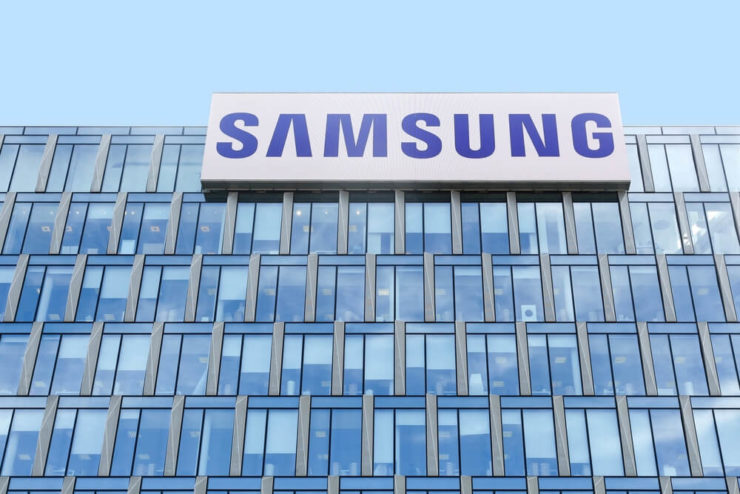Business
South Korean millennials challenge the country’s powerful chaebol
South Korea’s strong hierarchical corporate culture is being challenged by the growing number of millennials who are leaving their corporate jobs to pursue freelance work.

Millennials, who were born between 1981 and 1996, have initially gained notoriety for their alleged lack of regard for work, hopping from one job to another, dissatisfied. A common stereotype for this generation is that they are entitled and demanding because they fiercely question things and processes in the workplace that they find unacceptable.
With millennials becoming more vocal about their work grievances, this generation has actually brought changes to some questionable corporate values. In fact, millennials have been the strongest advancer of workplace diversity and the most highly critical of employee abuses and exploitations.
But perhaps the strongest display to date of millennials’ power in changing work cultures is how South Korean millennials are starting to turn away from the country’s most stoic economic pillars: the chaebol.
The chaebol and the South Korean millennials
The term chaebol refers to massive family-owned enterprises that own a significant number of subsidiaries across different industries in the country. A large number of South Korea’s chaebol have started operating during the Japanese occupation before the end of World War II.
Since the early 1960s, the chaebol
Some of South Korea’s biggest chaebol includes LG, Hyundai, SK, Lotte, and Samsung which is the largest of them all.
The term is a combination of the Korean words “
For years, it had been the ultimate dream job for the common South Koreans to penetrate chaebol. It’s a
A recent report from Reuters revealed that a growing number of South Korean
Indeed, a separate report from the Organization for Economic Cooperation and Development found that as of 2012, South Koreans recorded the shortest job tenure out of all member countries of the organization. For example, the Japanese stay at their jobs for an average of 9.4 years to 11.5 years. South Koreans only stay for an average of 6.6 years.
South Korean millennials and the ethical corporate culture
The attitude observed among South Korean millennials is actually also seen in millennials elsewhere in the world or at least across the 36 countries surveyed for the 2018 Deloitte Millennial Survey. The survey polled 10,000 Millennials and found that the generation is generally disappointed in how leaders are running businesses.

Specifically, only 48 percent of those who were surveyed still believe that businesses behave ethically, down from 65 percent in 2017. Also, only 47 percent believe top executives are committed to improving society, down from 63 percent in the previous year. The survey also found that 43 percent of millennials are planning to leave their jobs after two years and 28 percent of them are thinking of staying beyond five years.
Perhaps this sentiment grew stronger among the South Korean millennials when many of chaebol top executives were found to be guilty of corruption and other related workplace abuses. In the past years, officials of Samsung, Hyundai, Lotte, and SK were embroiled with scandals. Worst, these officials were able to escape imprisonments through presidential pardons or by merely paying fines.
Most recently, in 2017, head of Samsung Group, Jay Y. Lee was sentenced to five years of imprisonment after being found guilty of bribery, embezzlement, and perjury. A bribery case linked him to then-South Korean President Park Geun-Hye who was also jailed for corruption. Later, a court reduced Lee’s jail term to just five months.
South Korean millennials and the gig economy
With their growing distrust in businesses, aside from being dissatisfied with their pays and desiring for more work flexibility, millennials are fueling the growth of the gig economy which as of 2017 sits at an estimated market value of about $3.7 trillion.
In the Deloitte report, as much as 62 percent of those who were surveyed said the gig economy is a practical alternative to full-time employment. Even those who were already promoted to top positions, 7 in 10 of the respondents, are considering freelance work as an alternative to their corporate jobs, according to the report.
In South Korea, “quitting jobs” made it to the nation’s list of top 10 New Year’s resolution. In the case of Yoon Chang-Hyun, who was interviewed for the Reuters report, leaving his $57, 619 yearly salary in Samsung was more than just a New Year resolution, it was the ultimate plan.
His job at one of the biggest chaebol in the country was the envy among his friends. But he grew tired of working night shifts and the seemingly out-of-reach promotion. Instead, he builds a career as an internet content provider or YouTube Creator.
The career path which Yoon undertook was not actually a bizarre choice in the country. Being a YouTube Creator is now the top five dream job among elementary students in South Korea. Being a YouTube Creator is next to dreaming about the next sports star, teacher, doctor, and chef.
South Korean millennials’ desire for pursuing careers online has actually spawned a small school in Seoul, the “School of Quitting Jobs.” The school had 7,000 students since opening in 2016, according to founder Jang Su-Han who also left his job in Samsung in 2015. The school now offers 50 courses which include the basics of YouTube, how to manage identity crisis, and how to effectively handle a brainstorming session.
The millennials and their workplace culture
Older generations may criticize the millennials all they want but the generation’s power over reshaping workplace culture is something that should be recognized. With their desire for job satisfaction, stability, and more ethical corporate culture, they are not actually different from their older counterparts.
The South Korean millennials are disrupting the nation’s otherwise powerful hierarchical corporate culture. It’s wise for leaders and executives to pay attention to this generation so they may work in their favor.
(Featured image by Mohd Hafizan bin Ilias via Shutterstock)

-

 Fintech1 week ago
Fintech1 week agoSwissHacks 2026 to Launch Inaugural Swiss FinTech Week in Zurich
-

 Cannabis4 days ago
Cannabis4 days agoColombia Moves to Finalize Medicinal Cannabis Regulations by March
-

 Crowdfunding2 weeks ago
Crowdfunding2 weeks agoReal Estate Crowdfunding in Mexico: High Returns, Heavy Regulation, and Tax Inequality
-

 Cannabis1 week ago
Cannabis1 week agoSouth Africa Proposes Liberal Cannabis Regulations with Expungement for Past Convictions

























